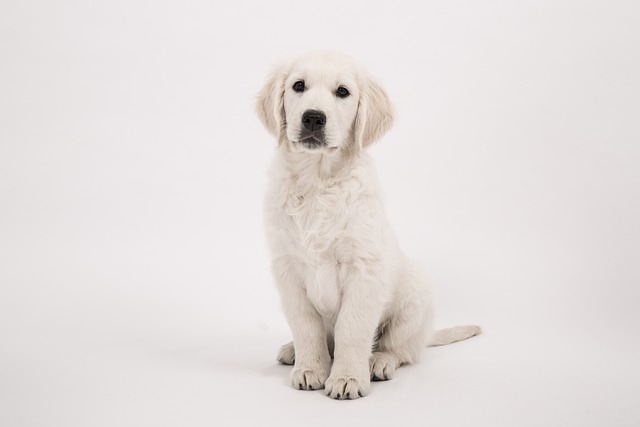
How to determine if a dog has a fever
That moment when your usually rambunctious pup turns down his favorite game of fetch - it's enough to make any dog owner pause.
Corgis, with their unique appearance and lively, affectionate personalities, have become beloved members of many families. However, those who have raised corgis may have experienced the following trouble - their cute little ones unknowingly turn into "chubby balls". Looking at the increasingly round corgis, while being filled with love, we also feel a bit worried. After all, obesity has many adverse effects on the health of corgis. So, how exactly can we help our corgis lose weight and bring them back to a healthy and energetic state? This requires us to deeply understand the physical characteristics of corgis and guide them in a scientific and loving way.
There are multiple reasons why corgis are prone to gaining weight. From a genetic perspective, corgis were originally bred as herding dogs. Their body structure determines that they have short legs and a relatively slow metabolism. This physical build causes them to consume less energy in daily activities. Even if they consume the same amount of food as other dog breeds, they are more likely to convert excess energy into fat and store it. In addition, corgis' love for food is almost innate. They always seem to be extremely enthusiastic about eating and rarely refuse food on their own initiative. This undoubtedly increases their risk of getting fat.
The harm that obesity brings to corgis cannot be underestimated. Overweight places a heavy burden on the already short limbs and spine of corgis, greatly increasing the probability of developing bone diseases such as arthritis and hip dysplasia. As they age, obesity may also trigger a series of cardiovascular diseases, such as heart disease and high blood pressure, seriously threatening the life and health of corgis. Moreover, obese corgis are also prone to diabetes, breathing problems, etc. These health risks will affect their quality of life and lifespan. Watching the once lively corgis become sluggish and listless due to obesity, how can we, as owners, not feel heartbroken?
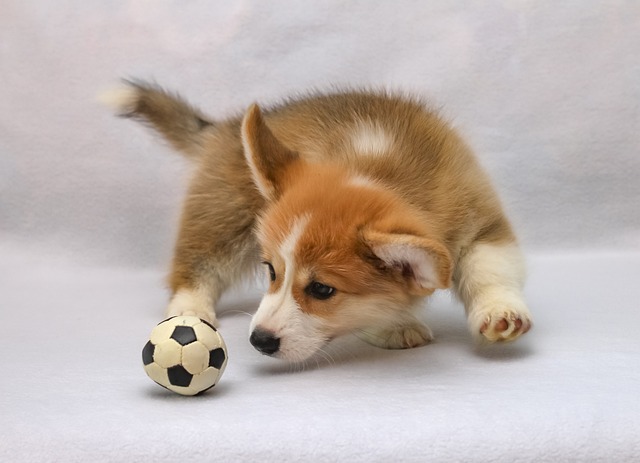 Now that we know the harm of obesity, how can we help corgis lose weight? First of all, diet control is the key. We need to re - examine the daily diet of corgis and develop a scientific and reasonable diet plan for them. Choosing high - quality dog food with low calories and high fiber is the first step. This kind of dog food can ensure that corgis get enough nutrition while avoiding excessive calorie accumulation. At the same time, we must strictly control the portion of food, determining the daily feeding amount according to the age, weight, and activity level of the corgi. Never increase the feeding amount casually just because we feel sorry for their eager eyes for food. This seemingly loving act is actually harming them. We can divide the daily food into several feedings, which is conducive to digestion and can prevent overeating at one time.
Now that we know the harm of obesity, how can we help corgis lose weight? First of all, diet control is the key. We need to re - examine the daily diet of corgis and develop a scientific and reasonable diet plan for them. Choosing high - quality dog food with low calories and high fiber is the first step. This kind of dog food can ensure that corgis get enough nutrition while avoiding excessive calorie accumulation. At the same time, we must strictly control the portion of food, determining the daily feeding amount according to the age, weight, and activity level of the corgi. Never increase the feeding amount casually just because we feel sorry for their eager eyes for food. This seemingly loving act is actually harming them. We can divide the daily food into several feedings, which is conducive to digestion and can prevent overeating at one time.
In addition to dog food, we should also reduce the feeding of snacks. Many owners like to give snacks to corgis as rewards during interactions. Although this is a great way to enhance the relationship, if too many snacks are given, it will become an obstacle on the corgi's weight - loss journey. If we really need to give snacks, we can choose some healthy snacks with low fat and low calories, such as carrots and apple slices. These can not only satisfy the corgi's desire for snacks but also supplement vitamins and dietary fiber.
Increasing exercise is also an indispensable part of helping corgis lose weight. Because corgis have short legs, they are not suitable for overly intense exercises, such as long - distance running or jumping. However, we can arrange some suitable exercise items according to their physical characteristics. For example, take the corgi for a walk at a fixed time every day. This is the most basic and effective exercise method. We can start with a short distance and a slow speed at first, and gradually increase the walking time and distance as the corgi's physical condition improves. We can also play some simple interactive games with corgis, such as throwing a ball and tug - of - war. These games can not only let corgis consume energy while playing but also enhance the relationship between the owner and them. In addition, we can use the stairs at home to let the corgi do short - distance up - and - down stair exercises. Pay attention to protecting them nearby to avoid falls and injuries.
During the process of helping corgis lose weight, the patience and companionship of the owner are of vital importance. Weight loss is a long - term process and will not happen overnight. Corgis may show resistance due to temporary discomfort. At this time, we need to give them more encouragement and love, communicate with them in a gentle tone. When they complete an exercise or follow the diet plan, we should give timely praise and rewards. At the same time, regularly take the corgi to the pet hospital for a physical examination, let the veterinarian know about their weight - loss progress, and adjust the weight - loss plan according to the actual situation.
Helping corgis lose weight is a "protracted war" that requires our careful attention. In order to let our corgi babies accompany us healthily and happily for a longer time, let's use our full love and scientific methods to help them get rid of the trouble of obesity, return to a vibrant state, and spend more wonderful time together.

That moment when your usually rambunctious pup turns down his favorite game of fetch - it's enough to make any dog owner pause.
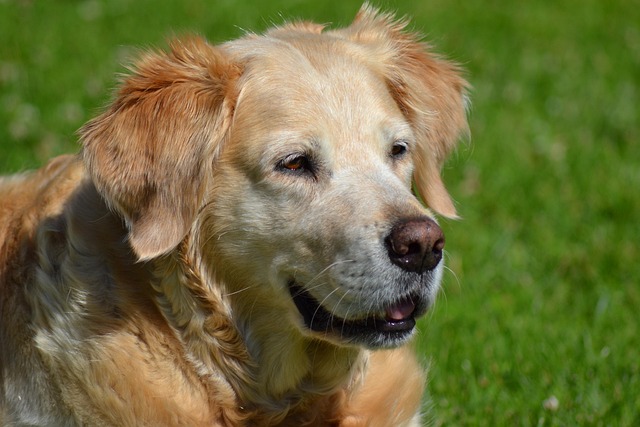
You know that feeling when your usually energetic Labrador refuses his morning walk, or your food-motivated Beagle turns up his nose at dinner?

Imagine you’re in your New York City apartment, opening the door for your 1-year-old Lab mix, Max, after a trip to the building’s dog run. He zooms in

Ever wake up to a surprise puddle on the carpet and wonder what’s going on with your dog’s bathroom habits? Or maybe you’ve noticed your usually - chill pup suddenly pacing by the door, signaling yet another potty break.
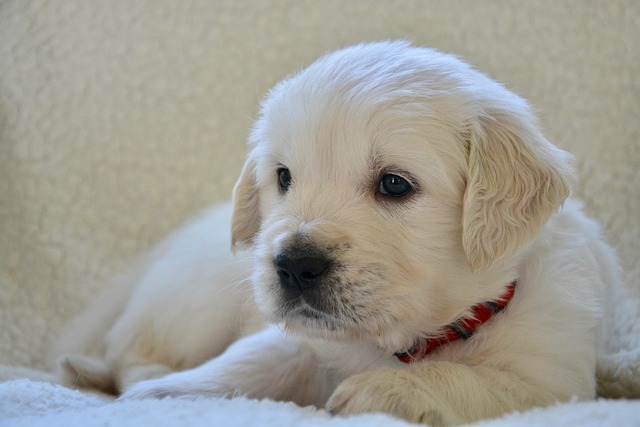
Imagine you’re in your New York City apartment, holding a bottle of B complex vitamins you bought from the pharmacy—your 2-year-old Golden Retriever
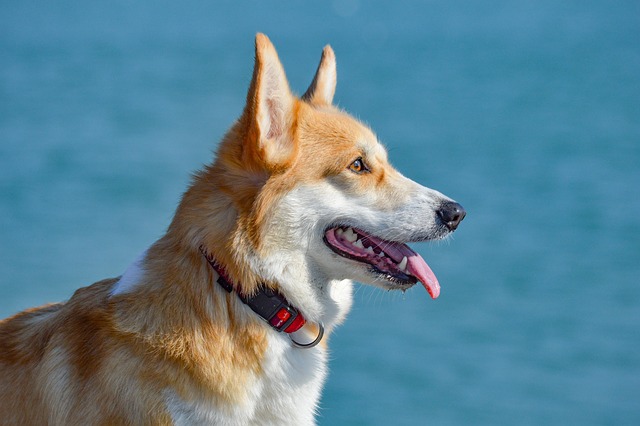
Hearing the words “fungal infection” from your vet can feel like a gut punch. Panic sets in, and the first question that races through your mind is likely, “How much time do I have left with my furry best friend?”